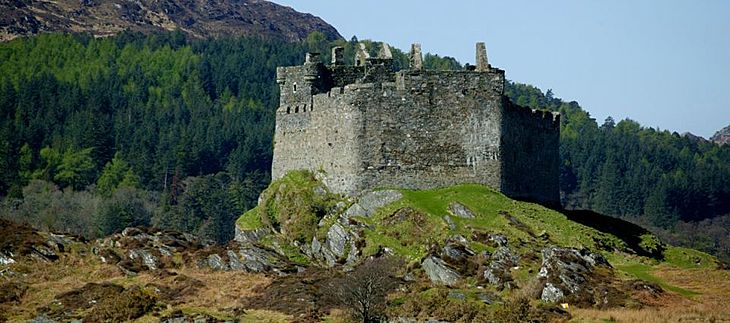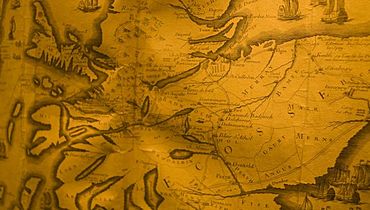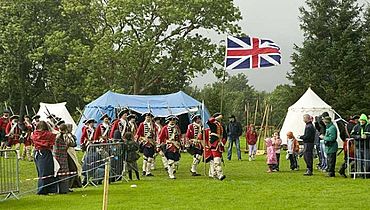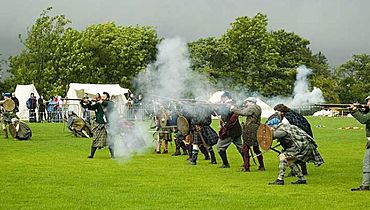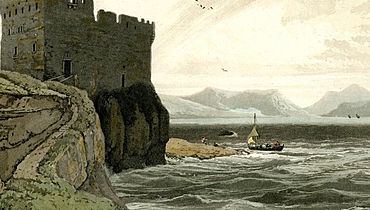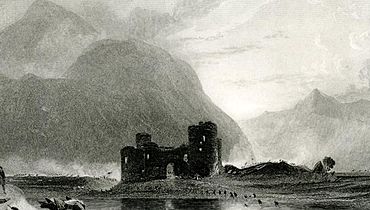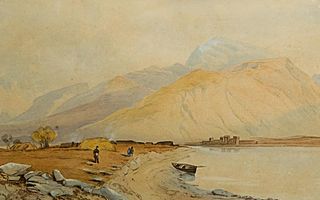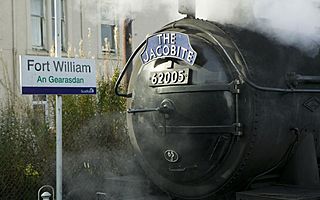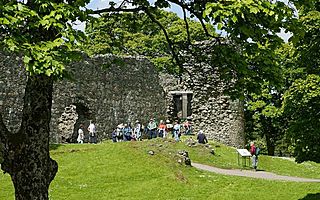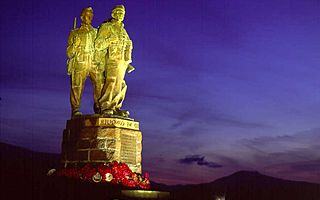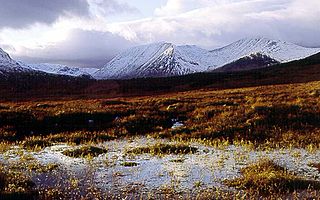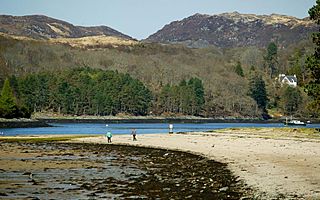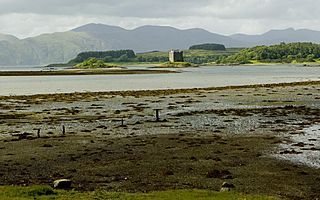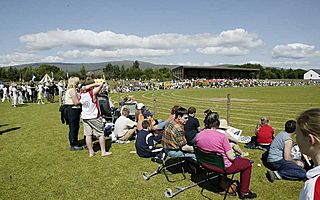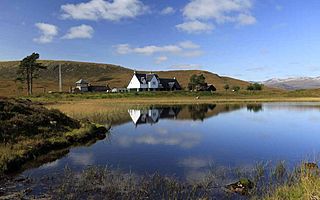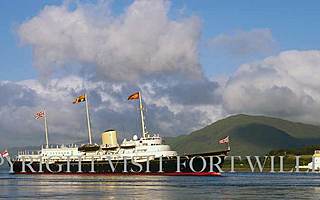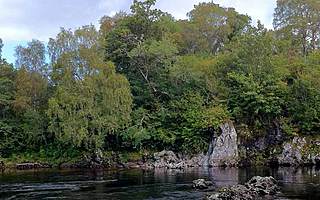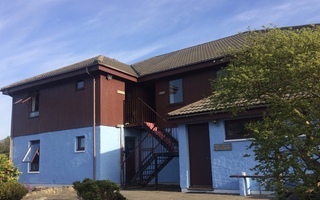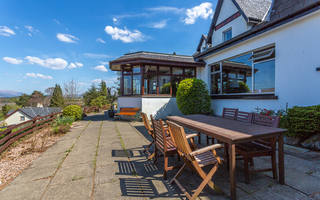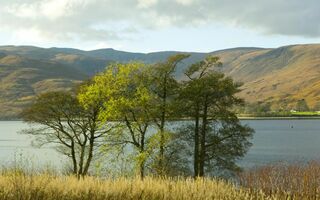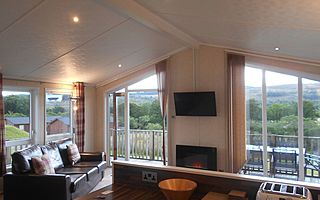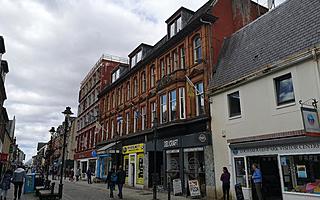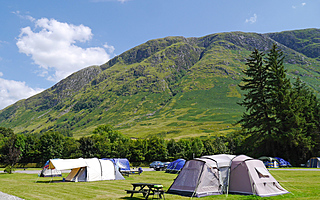Great Glen and Glen Spean History
This pages describes some of history of the Great Glen and Glen Spean.
The Lochaber area of the west Highlands has an amazing history. From the Lords of the Isles, Robert the Bruce, the Jacobites and recent history the Great Glen and Glen Spean area has its share of stories to tell.
The Well of the Seven Heads, Invergarry. In 1663, two sons of the Chief of MacDonnel were murdered during a quarrel with an uncle and his six sons. The murderers' deaths were ordered in vengeance for the crime, and sixty men arrived at the house of the seven, to carry out the execution. Their heads were removed from their bodies and washed in this spring, before being taken to the Chief in Invergarry. Ever since this event, the spring had been known as 'Tobar-nan-ceann', 'The Well of the Heads'.
The Battle of the Shirts 1544
Ewen Cameron, Chief of Clan Cameron, along with his followers fought with John Moydartach of Clanranald in the summer of 1544 against the Frasers at the battle of Kin-Loch-Lochy, better known as "Blar-nan-Leine." This conflict was also referred to as "The Battle of the Shirts" or "The Field of the Shirts," since the day being very hot and combatants discarded their plaids, fighting only in their shirts.
Clan Cameron and Clanranald forces had been plundering the country of Urquhart and Glenmorriston for that entire summer, taking total possession of the area. With a reported 300 men, Hugh Fraser, 3rd Lord Lovat, arrived at the northern end of Loch Lochy, where they met approximately 500 Cameron and Clanranald men. The Camerons descended from a nearby hill and divided into numerous companies, probably based on clan affiliation. The action commenced with sallies from the opposing archers, which lasted for quite some time or until they had depleted the stock of arrows. At that time the Highlanders made their charge and met on a flat plain near Kilfinnan, with great bloodshed on either side. It is said that Cameron archers heroically charged into the fray, recovering spent arrows, which were directed at the Frasers with deadly point-blank accuracy.
Exactly what the outcome was is unclear. It is said that of the 300 Frasers, only four survived the battle; Lord Lovat was among the casualties. His eldest son wounded and taken prisoner, perishing from his wounds a few days afterwards. According to Cameron and Clan Ranald accounts, the Frasers were soundly defeated, with other records relating that they lost almost their entire able male population. Yet according to the Frasers, only ten men from amongst the Cameron/Clanranald forces remained alive. Clan Fraser records also include reports that eighty of the deceased Fraser men left pregnant wives at home, each of which delivered a baby boy; exaggerations had a way of entering historical record during these early times. A much more reasonable tale is that each man had "seen to it that his wife was 'with child' before they left for the battle."
Regardless of the exact casualty count, Clan Cameron and Clan Ranald greatly profiting from their victory, and subsequently carried out most successful raids upon the Grant and Fraser lands, which were incredibly rich and fertile to the Lochaber men. Owing to his role in this conflict Ewen fell into disfavor with Huntly, then Lieutenant of the North. Ewen Cameron would be executed as a result of this battle and other actions at Elgin in 1547.
